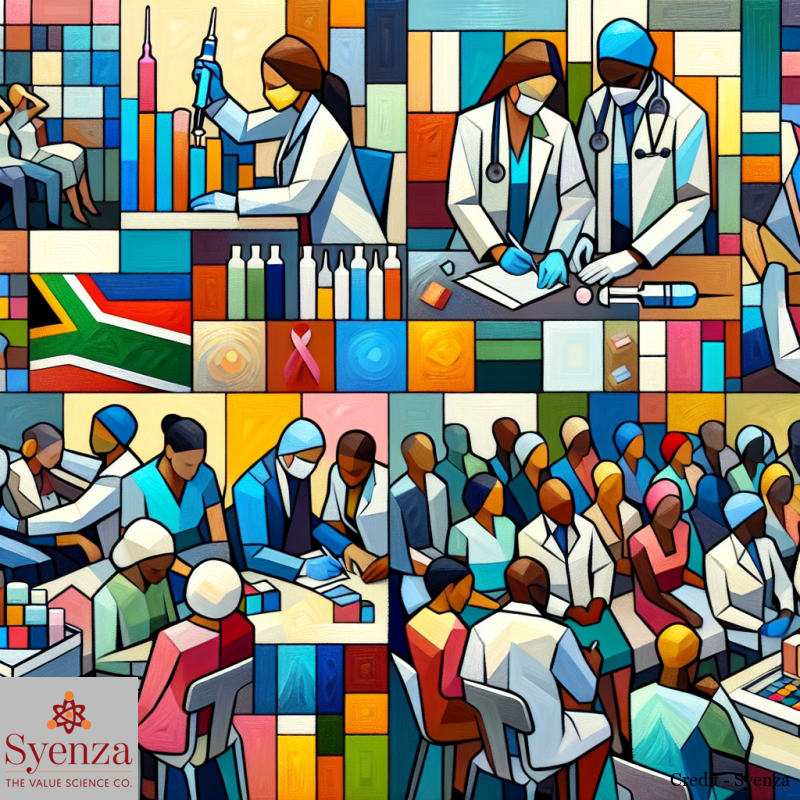The article from News-Medical titled “South Africa takes bold steps to combat cervical cancer” outlines crucial initiatives and challenges in South Africa’s efforts for cervical cancer prevention. This multifaceted approach includes vaccination, expanded screening, public education, and systemic reforms to improve access and affordability of preventive measures.
Vaccination Program
South Africa is implementing a vaccination program targeting both boys and girls between the ages of 9 and 15 to prevent HPV infections, the primary cause of cervical cancer. This initiative is a vital step in cervical cancer prevention.
Cervical Cancer Screening Expansion
The country is also expanding access to HPV screening for all women. This includes promoting HPV DNA testing, preferred by 77% of surveyed women due to its reliability and less invasive nature.
Public Awareness and Education
The public awareness deficit regarding cervical cancer and HPV is significant. Only 42% of surveyed women reported some knowledge about cervical cancer. Meanwhile, 46% rely on healthcare providers as their primary source of information. To tackle this issue, community health partners, including the African Cervical Health Alliance (ACHA), are distributing educational materials to local communities.
Preferred Screening Methods
A majority of women (71%) prefer self-collection of HPV DNA samples, valuing privacy and convenience. However, 59% still prefer sample collection in clinics or hospitals, while 28% favor self-collection at home, and 14% prefer collecting samples at a laboratory.
Accessibility and Affordability
There is a strong preference for purchasing self-collection kits from pharmacies, with 74% of women indicating this as their preferred option. Most respondents believe that a price point between $18 and $36 would enhance the test’s accessibility.
Policy and Systemic Changes
To ease the burden of cervical cancer, South Africa advocates for policy changes that will integrate self-collection testing into the national screening program. This includes subsidising costs for low-income populations. Other strategies encompass expanding access to self-collection testing, enhancing practitioner training, and strengthening public awareness campaigns.
Collaborative Efforts
Organisations like FIND are collaborating with public and private sectors to develop innovative and scalable solutions for HPV testing. Recent research has shed light on the acceptability and demand for HPV self-collection testing among South African women.
Health Outcomes and Control
Providing women with convenient and affordable options like HPV DNA self-testing not only improves health outcomes but also empowers women in their health decisions. Early diagnosis through screening is critical, as cervical cancer is treatable or curable when detected early.
Overall, the article highlights South Africa’s comprehensive and strategic approach to cervical cancer prevention, focusing on vaccination, expanded screening, public education, and reforms to enhance access and affordability.





